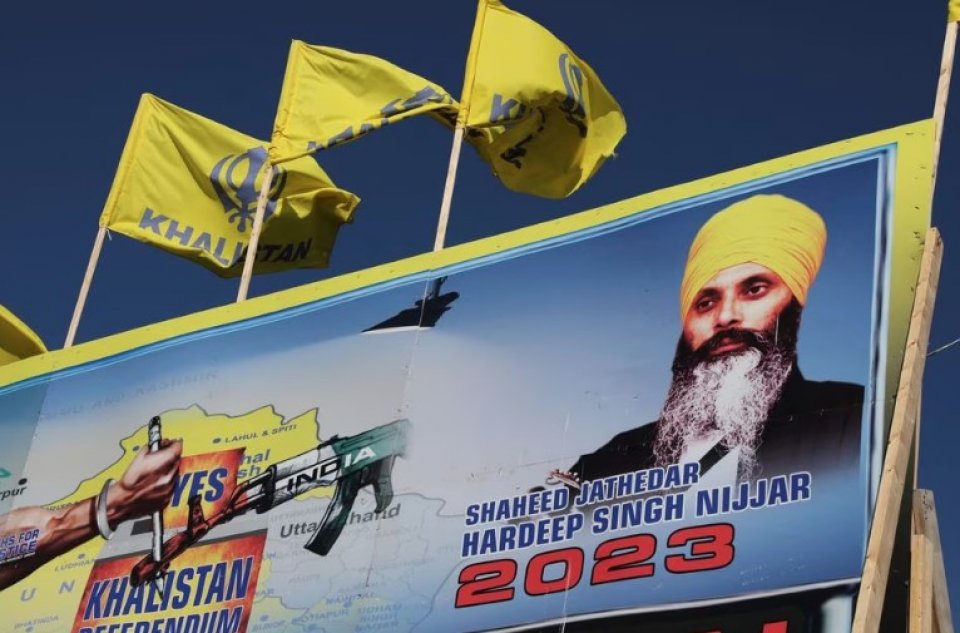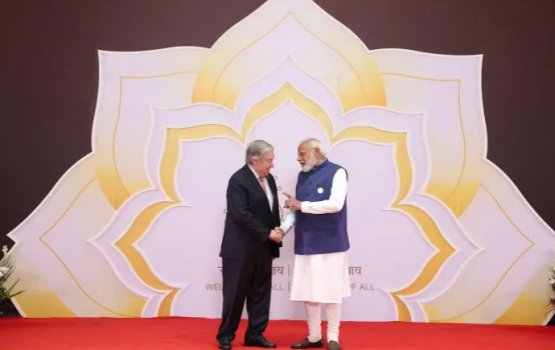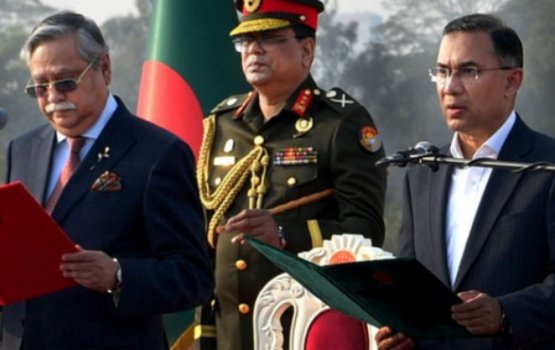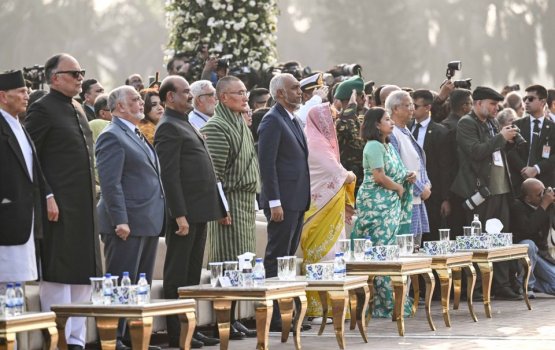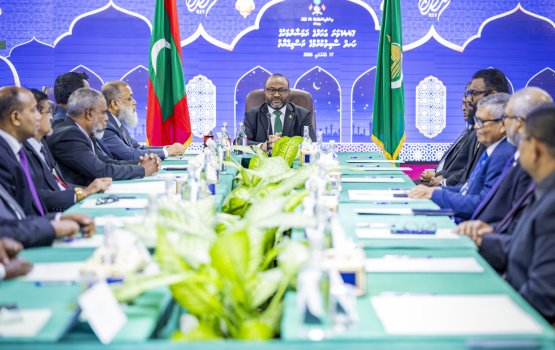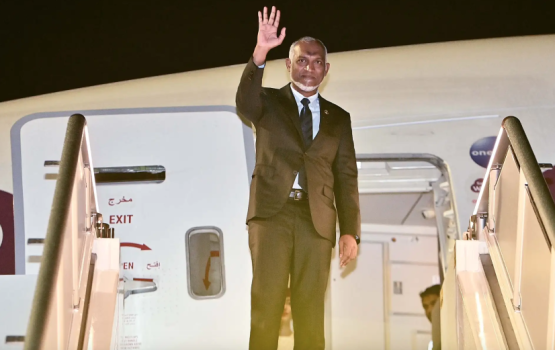India's main opposition Congress party backed on Wednesday the government's rejection of Canada's suspicions that New Delhi's agents had links to the murder of a Sikh separatist leader, and urged a stand against threats to the country's sovereignty.
India quickly dismissed Canada's assertion as absurd in a row that is worsening already poor relations between the two members of the G20 grouping, as each expelled one of the other's diplomats.
The dispute followed Prime Minister Justin Trudeau's remarks that Canadian intelligence agencies were actively pursuing "credible allegations" tying Indian agents to the shooting of Hardeep Singh Nijjar, 45, in British Columbia.
On Wednesday, the Indian foreign ministry did not respond to requests for comment but a government source said New Delhi had nothing new to add.
Congress spokespersons backed what they called India's "fight against terrorism" and criticised Trudeau.
"Trudeau's defence of declared terrorist Hardeep Singh Nijjar is absolutely shameful and shows how much the present Canadian regime is in bed with Khalistani sympathisers," Abhishek Manu Singhvi, a senior Congress lawmaker, posted on social media platform X, formerly known as Twitter.
Khalistan is the name of an independent Sikh state whose creation was the goal of a bloody Sikh insurgency in the 1980s and 1990s in India's northern state of Punjab during which tens of thousands were killed.
As the ruling party at the time, Congress led the fight against the separatists and eventually suppressed the campaign, but New Delhi remains wary of any revival.
"Our country's interests and concerns must be kept paramount at all times," Jairam Ramesh, the chief spokesperson of Congress, said in a posting on X.
"The Indian National Congress has always believed that our country's fight against terrorism has to be uncompromising, especially when terrorism threatens India's sovereignty, unity and integrity."
The insurgency also took the lives of key Congress leaders Prime Minister Indira Gandhi, who was assassinated by her Sikh bodyguards in 1984, and Punjab Chief Minister Beant Singh, who was killed in a bomb blast by Sikh separatists in 1995.
"FRANK CONVERSATION"
Canadian officials have so far declined to say why they believe India could be linked to Nijjar's murder.
Although there is hardly any support for the insurgency left in India, small groups of Sikhs in Australia, Britain, Canada and the United States support the separatist demand and occasionally stage protests outside its embassies.
New Delhi, which urged Ottawa to act against anti-Indian elements, has long been unhappy over Sikh separatist activity in Canada.
It was strange that Trudeau had announced the expulsion of an Indian diplomat in parliament, said A.S. Dulat, a former chief of India's external spy agency, the Research and Analysis Wing.
"We don’t do these things," the Economic Times newspaper quoted Dulat as telling the Press Trust of India news agency. "We do not go around assassinating people, let me make this very clear."
Canada has the largest population of Sikhs outside the Indian state of Punjab, with about 770,000 people reporting Sikhism as their religion in the 2021 census.
India has been particularly sensitive to Sikh protesters in Canada with some Indian analysts saying Ottawa does not stop them as Sikhs are a politically influential group there.
"Trudeau appears to be engaging in toxic domestic politics by playing to the extremist fringe of the Sikh diaspora," the Indian Express newspaper said in an editorial, calling for the dispute to be resolved.
"The first step towards detente is to pause the current escalation and get the national security advisers from both sides to have a frank conversation," it added.
Both sides have said they are freezing lengthy talks on a potential trade deal. Canada and India have been trying to boost low levels of two-way trade, which made up just $10.2 billion in 2022 of Canada's total of $1.13 trillion.(Reuters)

